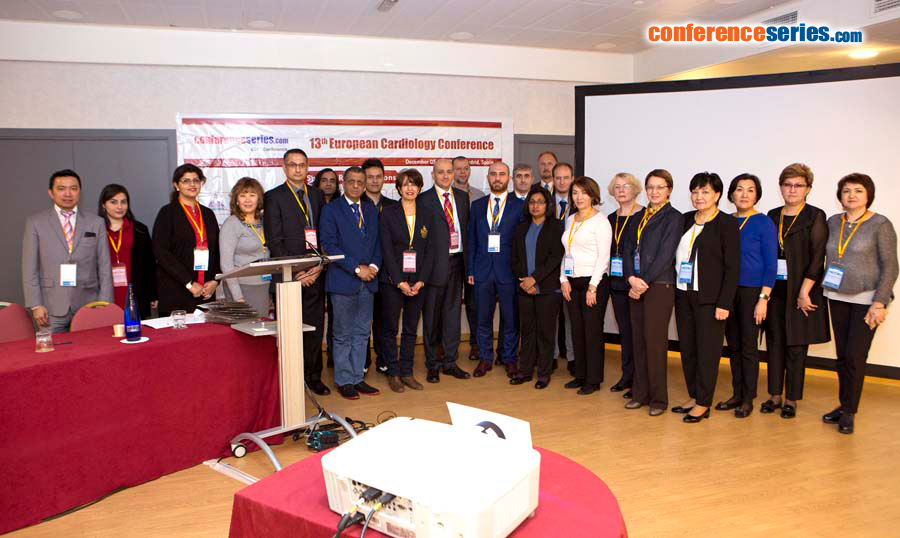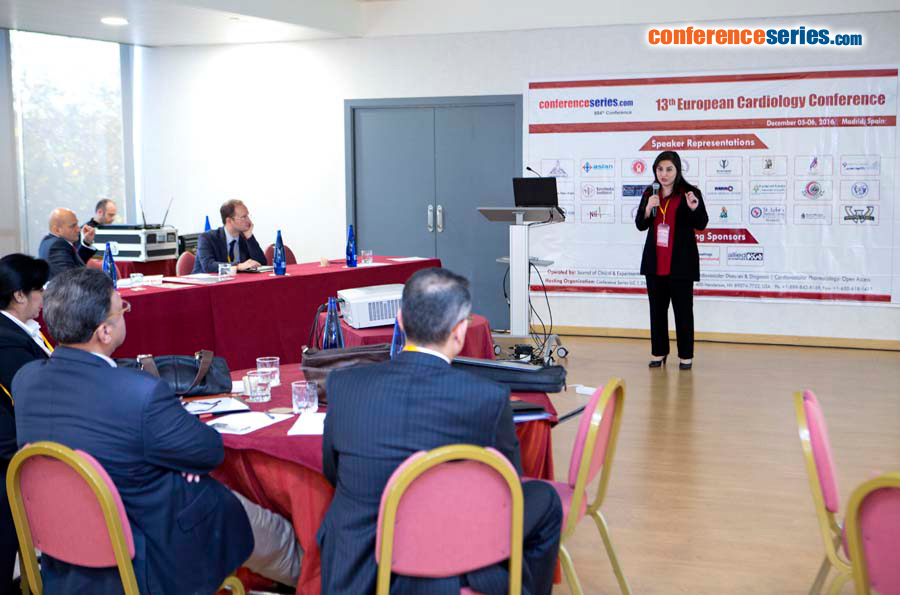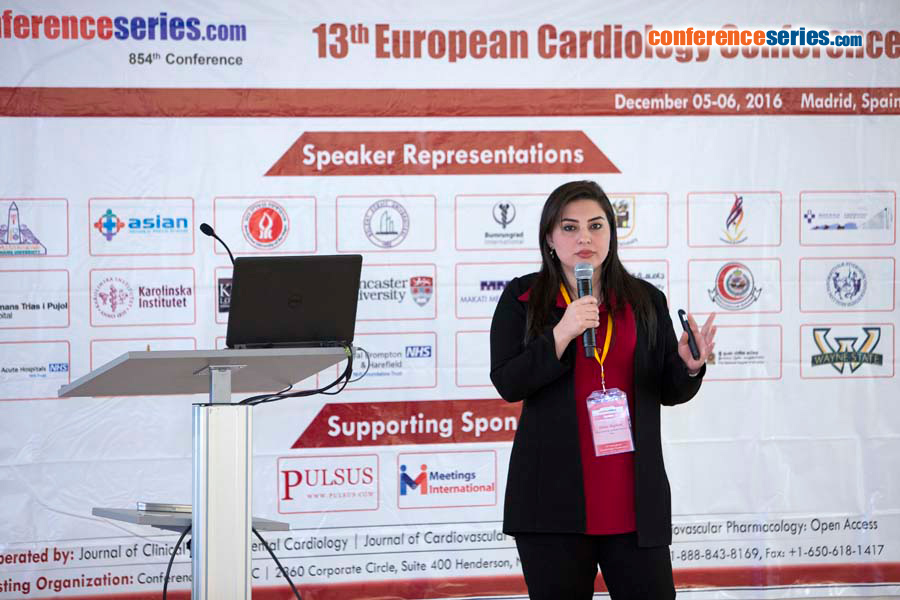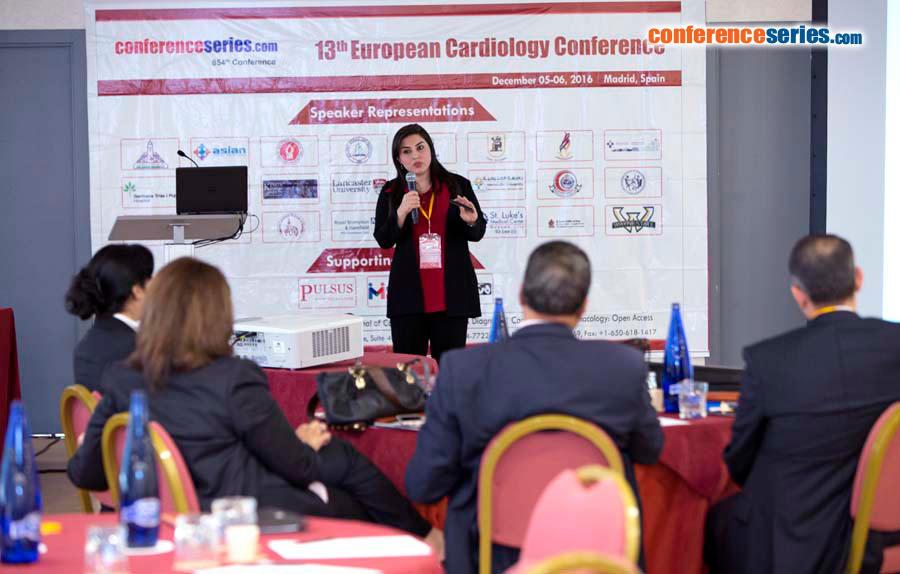
Shima Haghani
Tehran Heart Center, Iran
Title: A prospective study on the prognostic power of mild to moderate elevations in highly sensitive cardiac troponin T for predicting clinical outcomes of elective percutaneous coronary intervention: Is there any association?
Biography
Biography: Shima Haghani
Abstract
Background: Nowadays, percutaneous coronary intervention (PCI) is the most commonly used nonsurgical procedure which restores blood flow to the heart tissue. Such procedures may stimulate myocardial injury and release of myocardial necrosis biomarkers. Although higher levels of cardiac troponins (cTns) are associated with later adverse events, the prognostic importance of the lower levels of cTns, especially highly sensitive assays, is still a matter of controversy.
According to the above points, in the present study, we aimed to assess the prognostic power of mild to moderate elevations in hs-cTnT levels (as an indicator of periprocedural myocardial necrosis) for predicting the one-year outcome of PCI.
Methods and Results: In the present study, all the patients undergoing elective PCI between March 2011 and April 2013 at Tehran Heart Center were followed up. Based on our inclusion and exclusion criteria, finally, 2309 patients were qualified for the study. For measuring hs-cTnT, three blood samples were drawn: the first immediately before the beginning of PCI (baseline), the second 6 h after PCI, and the last 12 h after PCI. The hs-cTnT levels were analyzed using Elecsys 2010 analyzer and major adverse cardiac events (MACE) were assessed one month and one year after the procedure. Based on the pre- and post-procedural hs-cTnT levels, the patients were divided into three groups. But, the differences between the three hs-cTnT groups in terms of frequencies of MACE were not significant.
Conclusions: This prospective study demonstrated no association between mild to moderate elevations in hs-cTnT after PCI and one-year MACE.





